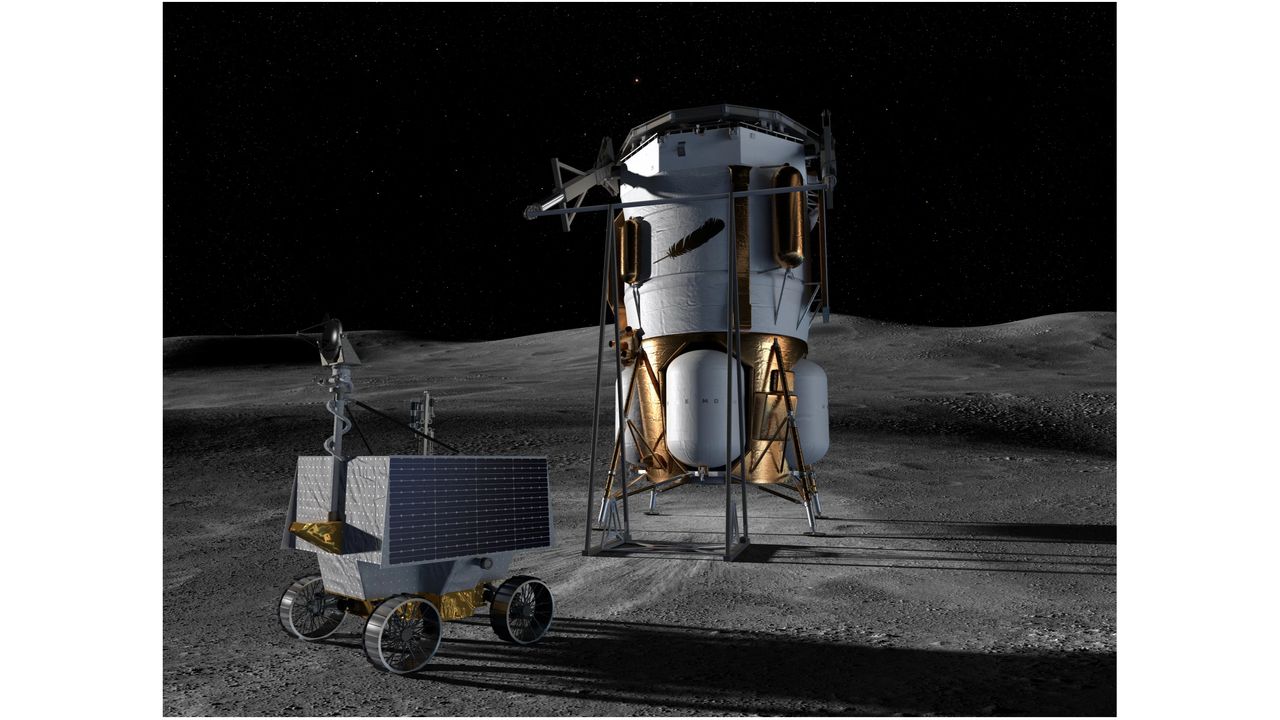If tiny lab-grown 'brains' became conscious, would it still be OK to experiment on them?
NeutralScience

A recent perspective paper raises intriguing questions about the future of brain organoids, suggesting they could potentially gain consciousness. This development prompts a critical discussion on the ethical implications of experimenting on these tiny lab-grown 'brains.' As science advances, it becomes increasingly important to consider how we regulate such technologies to ensure ethical standards are upheld.
— Curated by the World Pulse Now AI Editorial System






